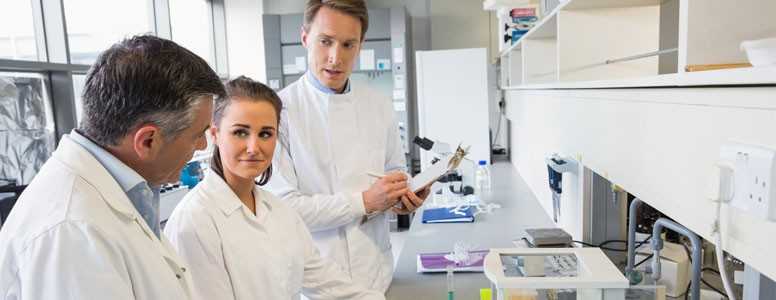A new discovery among researchers could be used to help restore insulin production in people with type 2 diabetes.
A team from Lund University in Sweden says the answer lies in blocking a specific protein called VDAC1, which can help restore the beta cells that normally produce insulin.
The small trial was based around the role that VDAC1 plays within the body. With the help of another substance called ATP, VDAC1 releases energy to other parts of the cell so it can be used for insulin secretion.
However, because people with prediabetes can have high levels of VDAC1, which is produced in the presence of high blood glucose levels, the volume of VDAC1 rises too high, inhibiting the process that creates insulin.
During the trial the research team blocked the VDAC1 in beta cells from organ donors with type 2 diabetes. This restored functionality, and the release of insulin within the body returned as normal.
The test was successfully repeated on mice genetically conditioned to have diabetes, and after five weeks insulin production was maintained, meaning they didn’t develop diabetes.
Lead researcher Associate Professor Albert Salehi said: “The goal is to be able to administer the substance to newly diagnosed type 2 diabetics to allow the insulin-producing beta cells to retain their function. Or, even better, to give it to pre-diabetics to prevent the onset of type 2 diabetes.
“It is a small study based on cell donations from six deceased people with type 2 diabetes, as well as a limited number of experiments in animal models.
“Further studies are needed to demonstrate how blocking VDAC1 affects kidney, heart, muscle and fat tissue, for example. However, the results thus far have been so promising that we have patented the use of the active substance within the diabetes field.”
They also worked with the commonly prescribed type 2 diabetes drug metformin it too, which researchers said achieved a similar effect.
The findings have been published in the scientific journal Cell Metabolism.
Editor’s note: People with type 2 diabetes are able to reduce their blood glucose levels and even put the condition into remission by following a healthy, real-food diet. For more information visit our Low Carb Program.
What's new on the forum? ⭐️
Get our free newsletters
Stay up to date with the latest news, research and breakthroughs.








